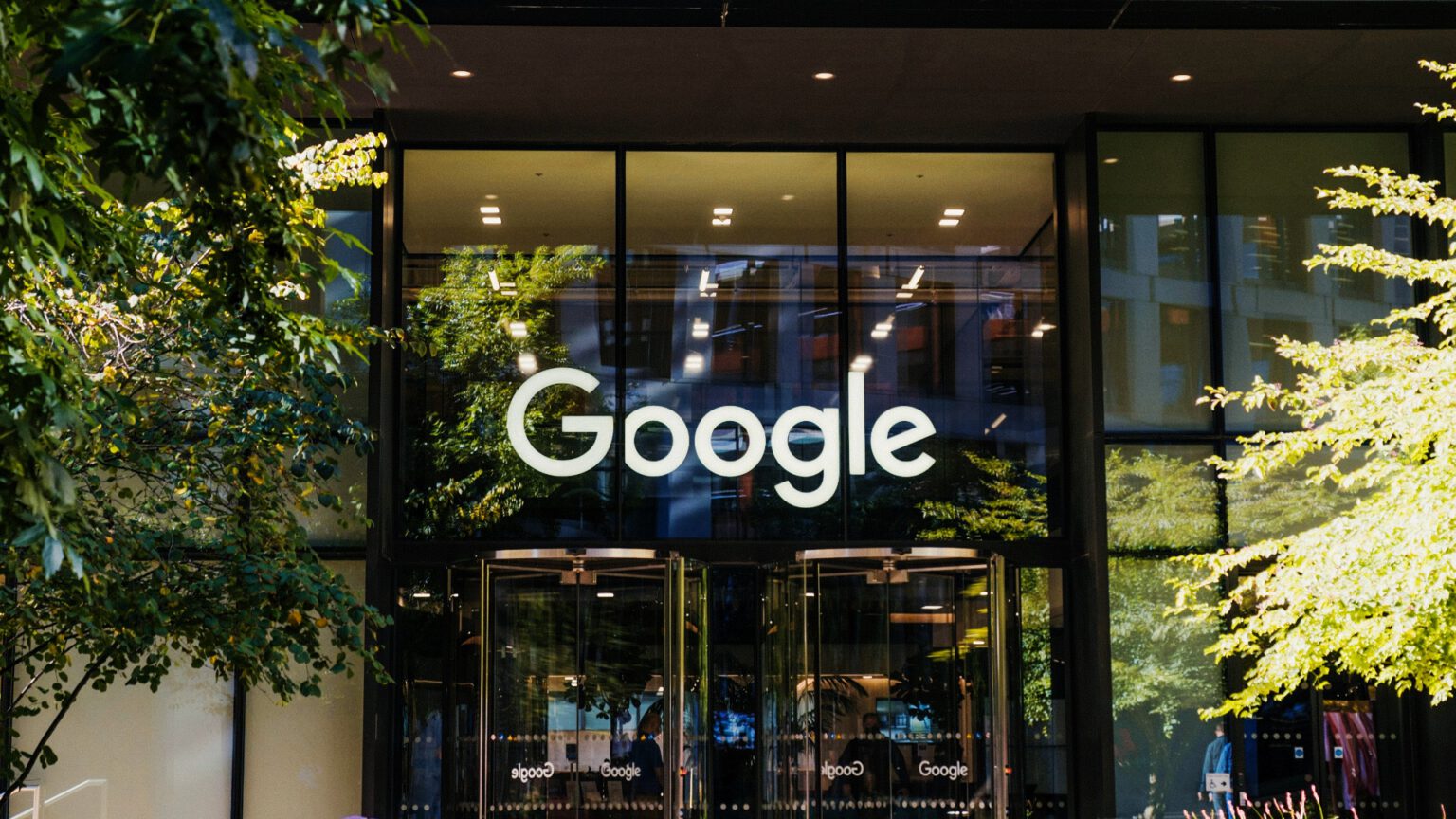Alphabet, the owner of Google, has announced an appeal against a US federal court decision on alleged monopolistic practices in the online search and advertising segment. This is the next instalment in a years-long clash with the Department of Justice, which wants to force deeper structural changes in the Google empire – including the potential sale of key advertising assets such as Google Ad Manager.
At first glance, this may appear to be the next ‘big trial’ in the technology sector, but what is at stake is not only the balance of power in the digital advertising market. For in the background, there is a fundamental battle over who will control data and user interfaces in the age of artificial intelligence.
The Department of Justice points out that Google’s dominance in search – fuelled by, among other things, multi-billion dollar deals with Apple and smartphone manufacturers – gives the company a disproportionate advantage in developing and deploying AI tools such as Gemini. If it is Google that is to continue to be the default gateway to the internet, then any AI system based on this data will necessarily be ‘Google-like’.
However, Judge Mehta did not fully accede to the regulators’ demands, suggesting milder remedies than the 10-year restrictions advocated by the government. This, in turn, does not satisfy the Justice Department, which fears that without tough action the market will not regain competitiveness.
For Google, it’s not just a matter of reputation or financial penalty – but also long-term control over AI distribution channels. The company is already abandoning some exclusivity agreements in an attempt to convince the court that the market is changing and users and manufacturers have more freedom than ever.
But do they really have one? The scale of Google’s infrastructure advantage – from data to devices to AI models – makes it difficult for even formal competitors to realistically threaten the search giant’s dominance.
The conclusion? The dispute over Google’s monopoly is not just a catch-up from the desktop and mobile internet era. It is a battle over who will set the rules of the game in the data economy and artificial intelligence – and who will have the right to be the default voice of the future.












